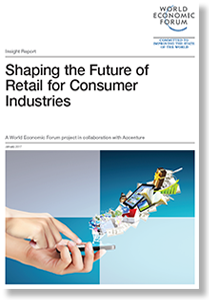Shaping the Future of Retail for Consumer Industries
The research and quantitative assessment underpinning this report emphasize that digital transformation could unlock immense value for the retail and CPG industry over the next decade.
The next decade is expected to be the golden age of the consumer, with shoppers having more choices and control than ever before.
They will be presented with a growing array of products and services, often personalized to their specific needs and wants.
Consumers will continue to demand price and quality transparency along with a wide range of convenient fulfilment options.
Overall, the retail experience is poised to become more inspirational, exciting, simple and convenient, depending on the consumer’s ever-changing needs.
The evolution in consumer demand, combined with transformative technological innovations, will continue to drive fundamental changes.
The boundaries of “retailer” and “manufacturer” will continue to blur, as companies evolve to meet their customers’ needs.
These forces will cause the retail and consumer packaged goods (CPG) landscape to change more in the next 10 years than it has in the past 40 years.
The key drivers of success over the next decade will be centred on building a deep understanding of and connection to the empowered consumer, promptly incorporating disruptive technologies, embracing transformative business models in both the offline and online space, and establishing key capabilities.
With this transformation, there will also be challenges to solve by pro-actively readying organizations for change and implementing the required technologies to address issues related to store closures, employment (job loss/reskilling) and potential adverse environmental impacts.
This insight report focuses on digitally developed markets and represents a call to action to stakeholders across the private and public sectors. Retail and CPG incumbents need to address the accelerating opportunities and challenges to their current business strategies and operating models.
Moreover, in collaboration with policymakers, regulators, and in some cases, educators, it is critical to take clear positions on the societal implications of the industry’s transformation to ensure positive outcomes
What’s Related
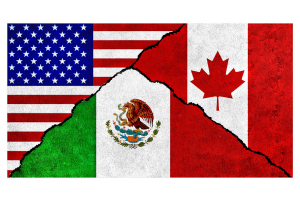
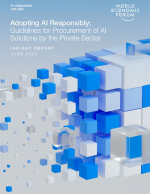
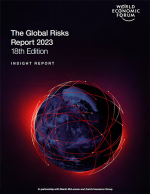
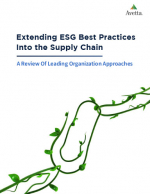
Favorites





